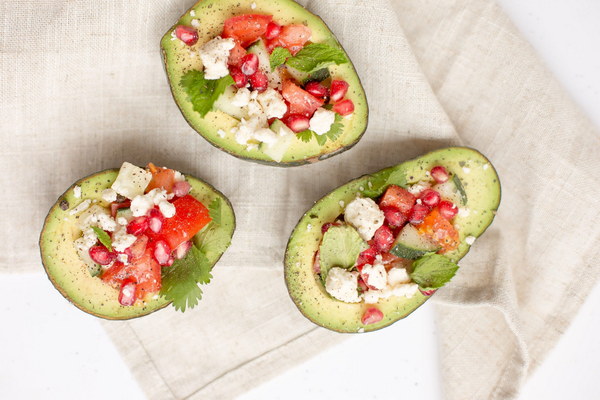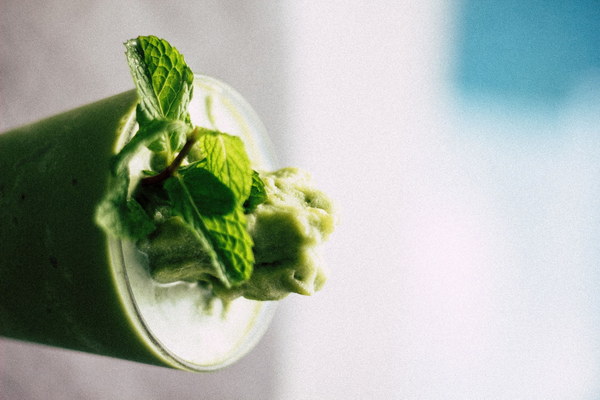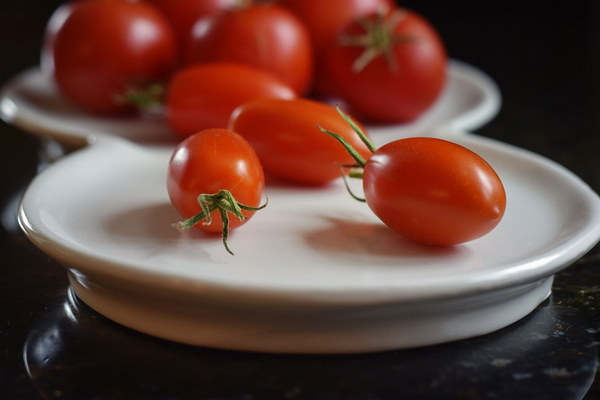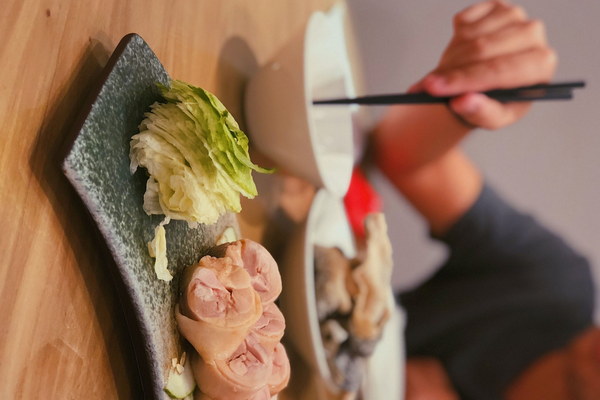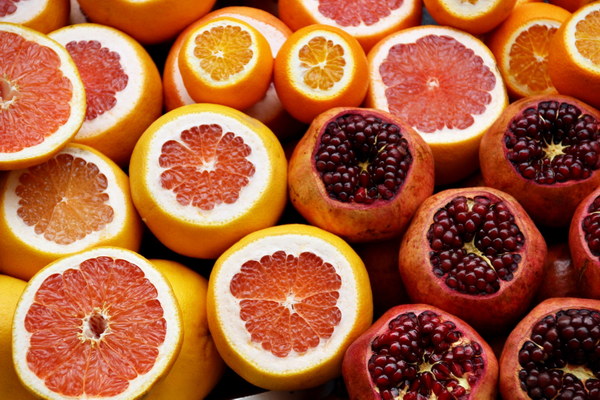Is Eating Lamb for Winter Tonifying Really Beneficial
Introduction:
As the cold winter months approach, the traditional Chinese practice of winter tonifying becomes more prevalent. One of the most popular foods associated with this practice is lamb. The question arises: is eating lamb for winter tonifying really beneficial? In this article, we will explore the nutritional benefits of lamb and its relevance in winter tonification, along with potential risks and considerations.
Nutritional Benefits of Lamb:
Lamb is a rich source of essential nutrients that can contribute to overall health and well-being. Here are some key nutritional benefits:
1. High in Protein: Lamb is an excellent source of lean protein, which is vital for muscle repair and growth. It contains all nine essential amino acids, making it a complete protein.
2. Rich in Iron: Lamb is particularly high in heme iron, which is more easily absorbed by the body than non-heme iron found in plant-based foods. Iron is essential for maintaining healthy red blood cells and preventing anemia.
3. Heart-Healthy Fats: Lamb contains healthy fats, such as monounsaturated and polyunsaturated fats, which can help lower cholesterol levels and reduce the risk of heart disease.
4. Essential Vitamins and Minerals: Lamb is a good source of several vitamins and minerals, including vitamin B12, niacin, zinc, selenium, and phosphorus. These nutrients play a crucial role in energy production, immune function, and overall health.
Relevance to Winter Tonification:
The concept of winter tonifying in traditional Chinese medicine (TCM) aims to strengthen the body's resistance to cold weather and support overall health. Here's how lamb fits into this practice:
1. Warmth and Energy: TCM considers lamb to be a warm and nourishing food that can help increase body warmth and energy during the cold winter months. This aligns with the principle of balancing the body's yin and yang, where lamb is believed to enhance yang (warmth) and reduce yin (coldness).
2. Immune Support: The high protein, iron, and vitamin content in lamb contribute to a strong immune system. In TCM, a robust immune system is essential for maintaining health during the winter season.

3. Nutrient-Dense: Lamb provides a variety of nutrients that can help support overall health and well-being, which is particularly beneficial during the winter months when the body may require additional nutrients to combat cold weather and potential illnesses.
Potential Risks and Considerations:
While lamb can be a nutritious addition to a winter tonifying diet, it's important to consider the following:
1. Fat Content: Lamb can be high in fat, particularly if it's not lean cuts. Choose leaner cuts of lamb and trim off excess fat to reduce calorie intake and minimize potential health risks.
2. Allergies and Sensitivities: Some individuals may have allergies or sensitivities to lamb or certain types of meat. It's essential to be aware of any dietary restrictions and consult with a healthcare professional if needed.
3. Cooking Method: The way lamb is cooked can affect its nutritional value and potential health risks. Opt for healthier cooking methods such as grilling, roasting, or stewing, and avoid excessive use of oil or butter.
Conclusion:
Eating lamb for winter tonifying can indeed offer several nutritional benefits, aligning with traditional Chinese medicine practices. However, it's important to consider individual dietary needs, potential risks, and cooking methods. Incorporating lean, well-cooked lamb into a balanced diet may help support overall health and well-being during the cold winter months.

